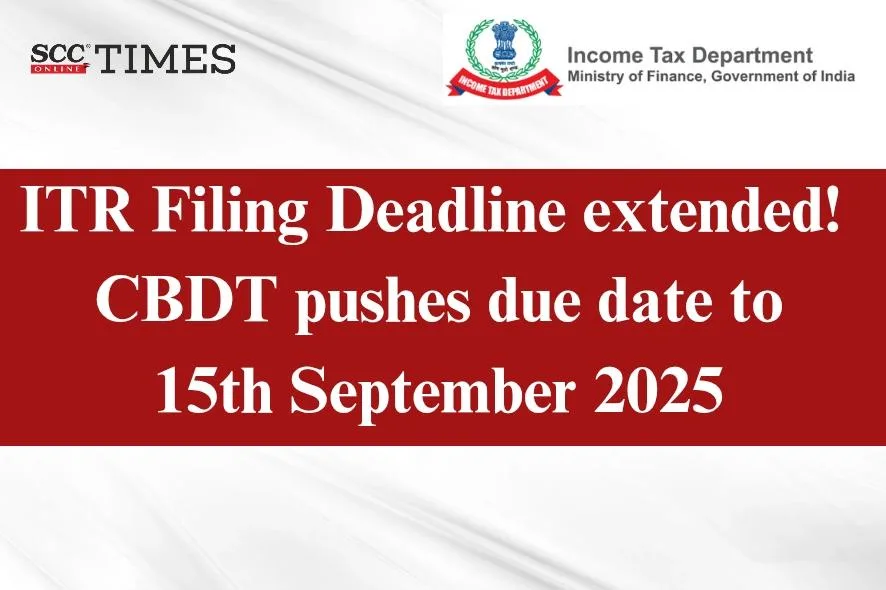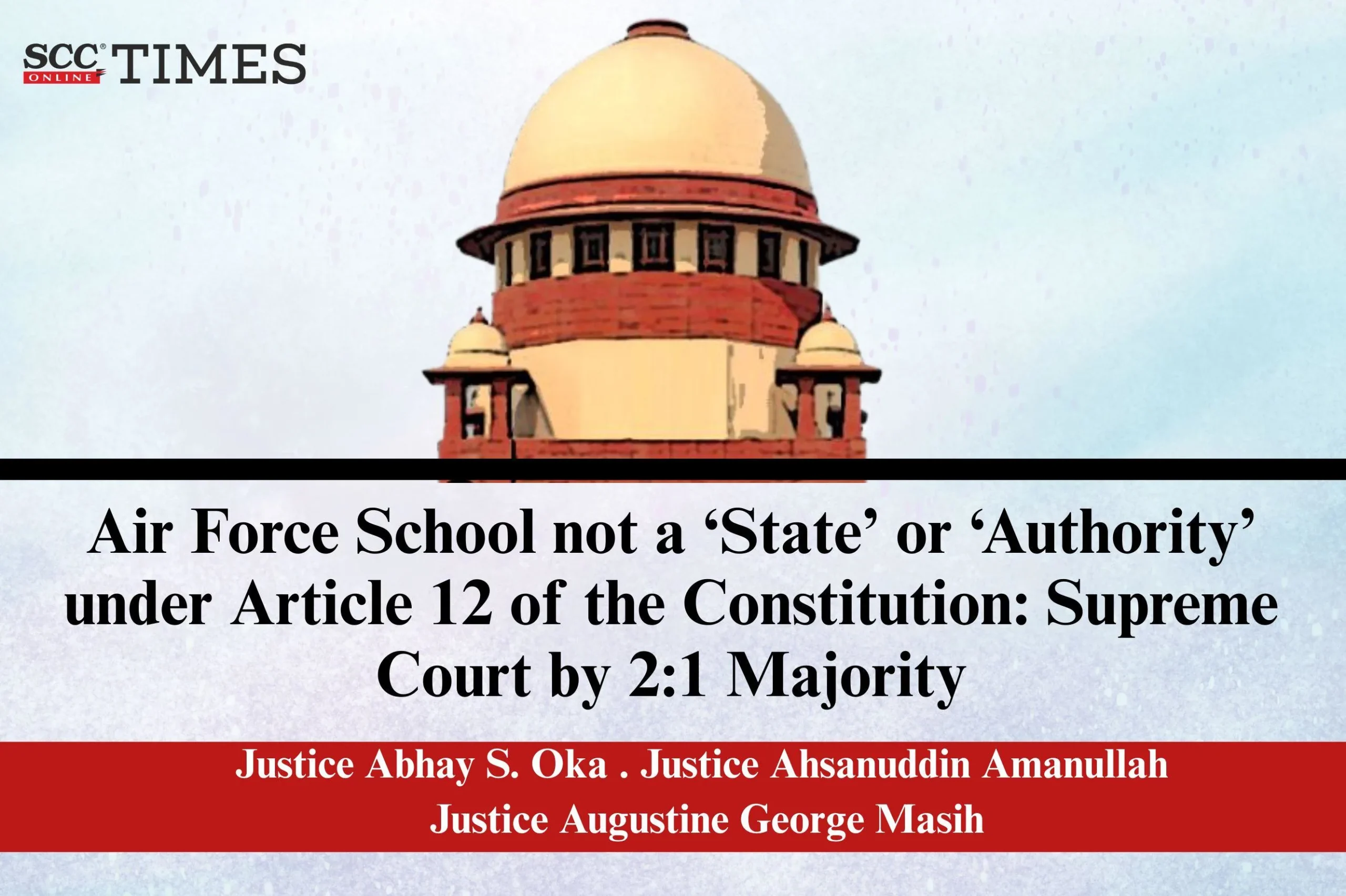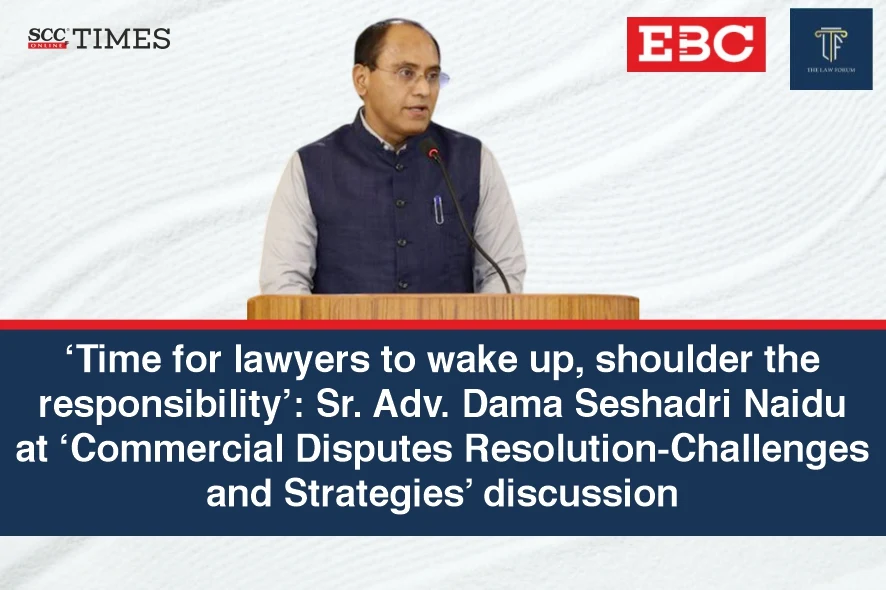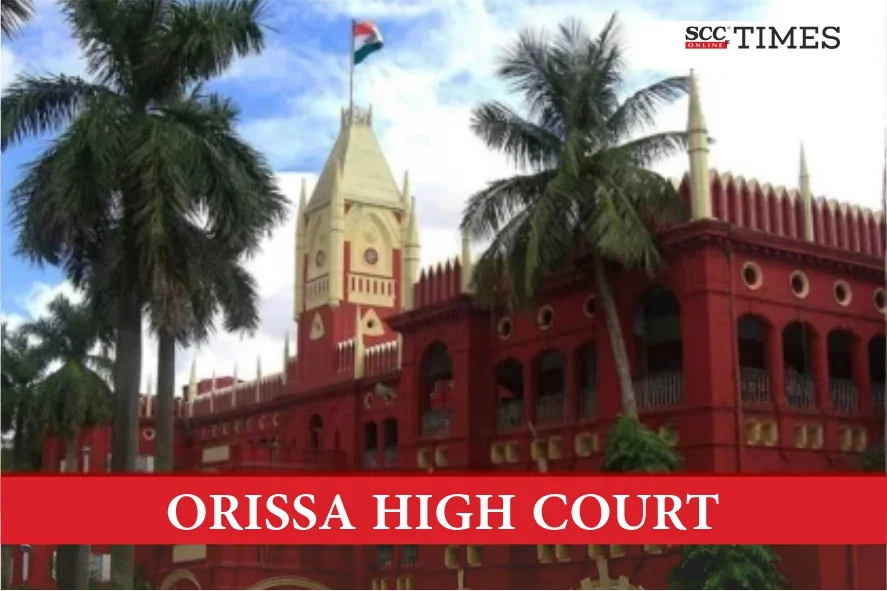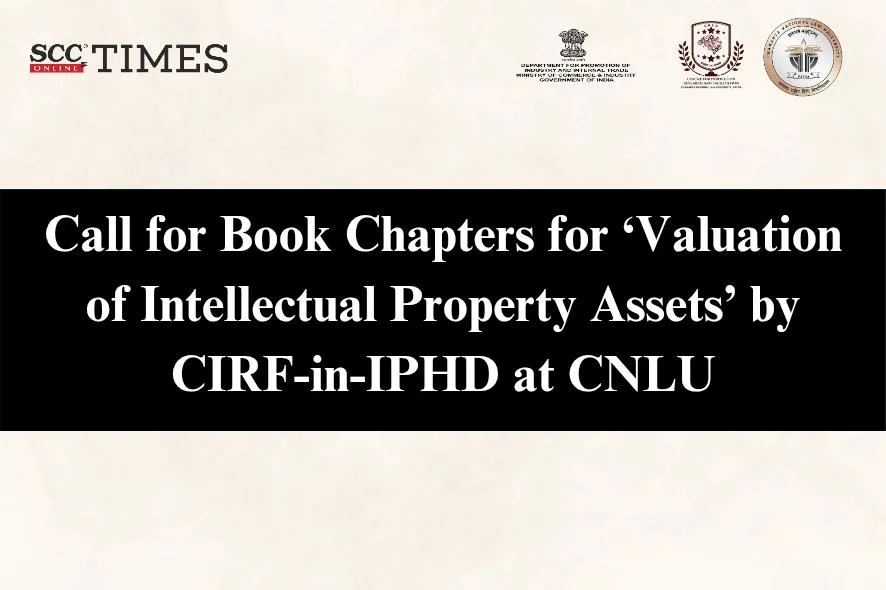Madhya Pradesh High Court: Vivek Rusia, J. entertained a writ petition seeking police protection from relatives and members of society for the alleged harassment after the marriage of the petitioners.
The petitioners contended that, they had entered into the wedlock voluntarily after acquiring majority (age) but the respondents have threatened them of their life and hence, they demand protection from the authorities.
The learned counsel for the petitioner, R.K. Sharma, submitted that petitioners were harassed because the respondents and alleged members had objection with the valid marriage and the safety of petitioners were at stake due to such threats. It is to be noted that valid age of the petitioners are not in question.
The counsel relied on the judgment of the Supreme Court, In Lata Singh v. State of U.P., (2006) 5 SCC 475, where it was observed that “this is free and democratic country and once a person becomes a major can marry whoever he or she likes. If the parents of the boy or girl do not approve of such inter-caste or inter-religious marriage the maximum they can do is that they can cut-off social relation with the son or daughter, but they cannot give threats or commit or instigate acts of violence and cannot harass the person who undergoes such inter-caste or inter-religious relationship marriage.”
Highlighting the matter of ‘Khap Panchayat’ and ‘Honour Killing’ the counsel further submitted that such issues have already been discussed by Supreme Court vividly and were serious matter of concern. State was directed to take preventive and remedial punitive measures to discourage such practices. Emphasizing the judgment of Shakti Vahini v. Union of India, (2018) 7 SCC 192, where the Supreme Court elaborated various measures and directed various agencies of the State in this regard. It was held that “To meet the challenges of the agonizing effect of honour crime, we think that there has to be preventive, remedial and punitive measures and accordingly, we state the broad contours and the modalities with liberty to the executive and the police administration of the concerned States to add further measures to evolve a robust mechanism for the stated purposes”.
The Court, based on the directives of the Supreme Court in Shakti Vahini, allowed the writ and directed the Superintendent of Police to provide security to the petitioners, also to comply with the orders. [Mitali v. State of M.P., 2019 SCC OnLine MP 795, decided on 09-05-2019]


